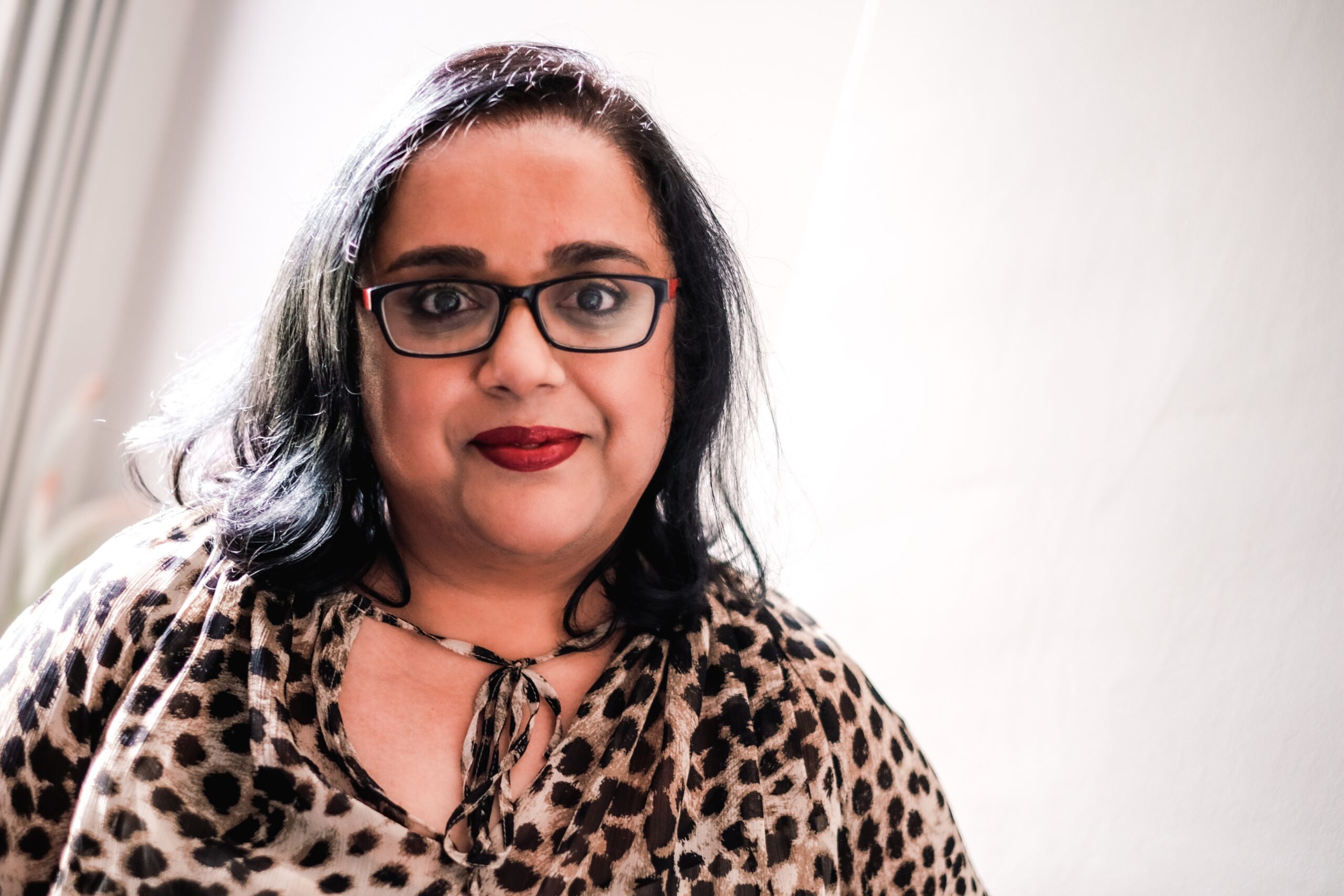With Diversity, Equity and Inclusion (DEI) initiatives increasingly at risk from political pressure, AI adoption, and budget constraints, inclusion strategist Advita is warning organisations that the missing ingredient is not another policy or tool, but the confidence to lead through discomfort.
A seasoned internal communications practitioner and President of the Chartered Institute of Public Relations, Advita says that nothing really changes unless leaders feel empowered to use their voice and take visible, consistent action.
“You can’t create inclusive cultures if people don’t believe they’re welcome to contribute, and that there’s room for them at the table and to do that, leaders need to be confident in who they are and what they are saying,” says Advita. “It’s not about getting it perfect, it’s about having the confidence to try, to listen, and to keep showing up.”
A growing fear of saying the wrong thing is leading to silence, and in turn, to stalled progress. Advita warns that this hesitancy is far more damaging than admitting you do not have all the answers. When leaders stay quiet or reduce DEI to surface-level gestures, trust begins to erode.
She urges organisations to treat confidence-building not as a soft skill, but as an essential leadership capability. It is confidence that creates space for difficult conversations, shifts in behaviour, and lasting cultural change.
She adds, “Leaders must have the courage to speak up, take action, and even stumble, because real inclusion depends on it. In my work I encourage leaders to ask open questions, to pause before reacting in challenging conversations, and to avoid sweeping generalisations. I really do believe that this type of grounded, thoughtful communication is what helps turn strategy into reality, but it stems from confidence not conferences.”
Advita’s work with senior leaders, HR teams, and internal communicators reveals how easily inclusion efforts become procedural. Too often, they are reduced to surveys, posters, or one-off training sessions. But, as she explains, belonging does not come from slogans. It comes from people, especially those in positions of influence, being willing to admit when they get it wrong, take feedback, and commit to doing better.
This is where confidence becomes critical. Not confidence as bravado, but a steady self-belief that allows individuals to show up, ask questions, and lead from a place of intention, even when the path is uncertain.
From neurodivergent professionals to those from underrepresented backgrounds, many employees are still questioning whether they truly have a voice. Unless this confidence gap is addressed, Advita warns, DEI will remain a box to tick rather than a culture to build.
“Confidence is not a soft skill. It’s the foundation of equity,” says Advita. “When organisations create spaces where people feel safe enough to speak, trusted to lead, and supported to grow, DEI becomes something people believe in, not just something they hear about.”
For more information go to www.commsrebel.com and for interviews, further comment and images contact Natalie Trice via natalietrice@natalietrice.co.uk
Advita is the founder of CommsRebel, helping organisations build confident, inclusive cultures through effective communication. With over 20 years of experience, she is committed to helping leaders understand how communication can transform workplace culture and empower employees to thrive.
Alongside CommsRebel, she is also the co-founder of A Leader Like Me and The Asian Communications Network. In 2025, she steps into the role of President of the Chartered Institute of Public Relations (CIPR), making history as the first brown woman to lead the organisation.
